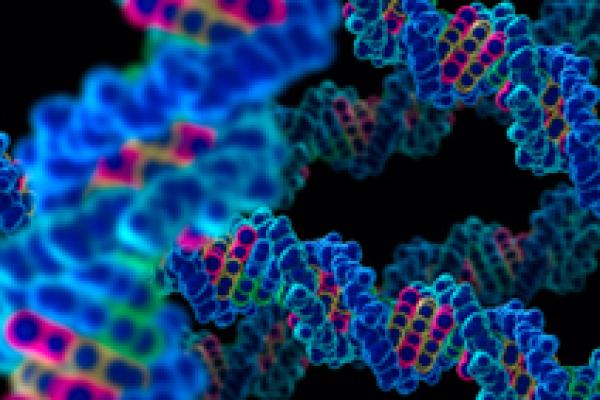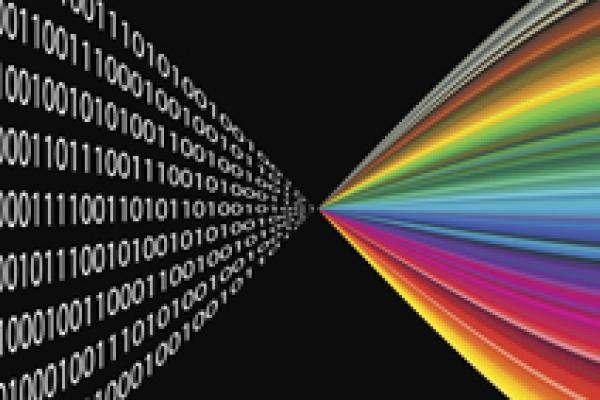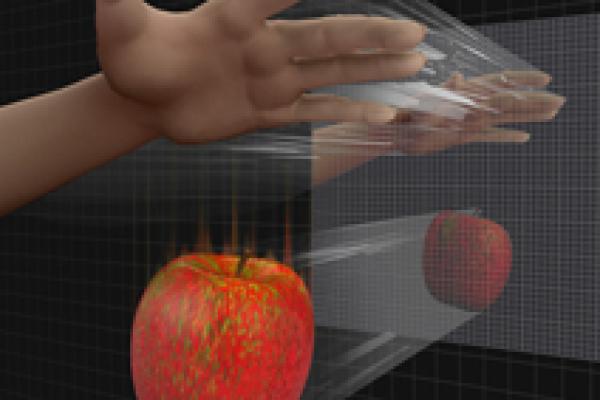Article


Information is complexity
There are many ways of saying the same thing — you can use many words, or few. Perhaps information should be measured in terms of the shortest way of expressing it? In the 1960s this idea led to a measure of information called Kolmogorov complexity.










